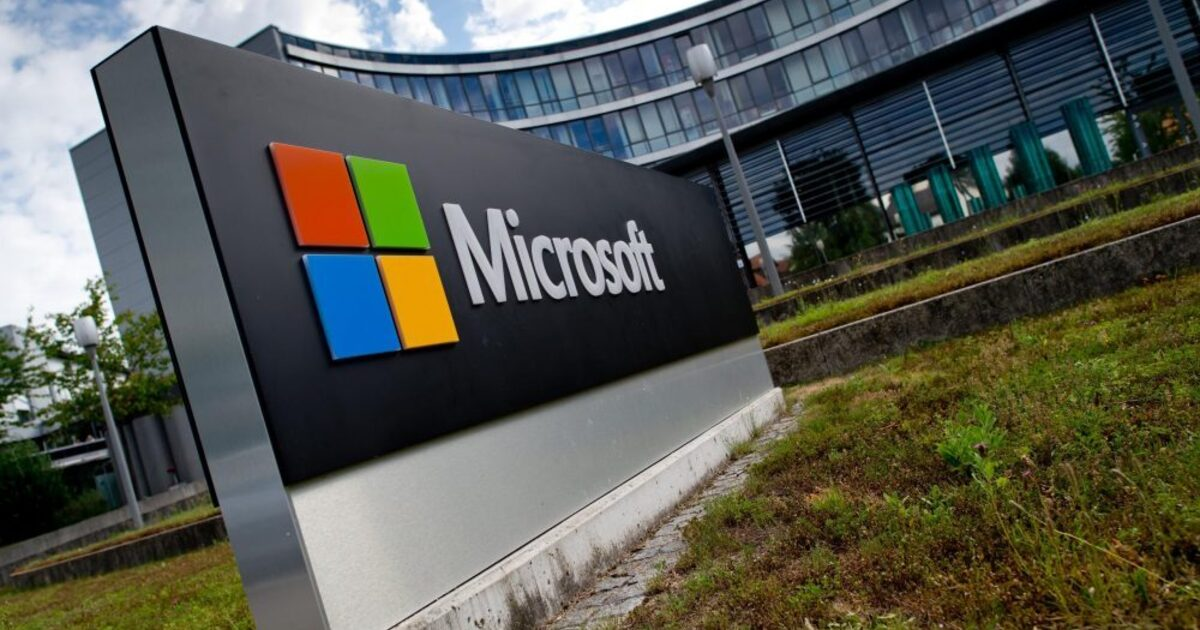Microsoft has pulled back from leasing new data center capacity in the U.S. and Europe, abandoning projects that would have used 2 gigawatts of electricity over the past six months. According to analysts at TD Cowen, the tech giant’s decision is driven by an oversupply of data center capacity relative to its current demand forecast, particularly in light of its shifting approach to supporting OpenAI’s ChatGPT workloads.
Shifting Focus and Market Impact
Investor skepticism has risen regarding the large-scale artificial intelligence (AI) investments made by U.S. tech giants, partly due to slower-than-expected returns and competition from Chinese startup DeepSeek, which offers AI solutions at significantly lower costs. As part of its pullback, Microsoft has decided not to support additional AI workloads, particularly those associated with OpenAI’s ChatGPT, a move that has been closely watched by industry analysts.
Microsoft’s withdrawal from certain data center projects has led to competitors stepping in to fill the void. Alphabet’s Google and Meta Platforms have moved to backfill the data center capacity, with Google focusing on international markets and Meta stepping in for U.S. projects. Despite these shifts, Microsoft remains committed to growing its infrastructure, with plans to invest $80 billion in AI infrastructure during this fiscal year, in line with its ongoing AI strategy.
Continuing Investment and Future Outlook
While Microsoft’s share price saw a slight decline of over 1% on Wednesday, the company reassured investors that its infrastructure growth plans will remain strong across all regions. The company has already scrapped leases with at least two private data center operators, a decision that aligns with its strategic pacing and adjustments to its AI needs.
Executives from both Microsoft and Meta defended their massive AI investments after the reveal of DeepSeek’s cost-effective technology in January, emphasizing that these investments are crucial to remaining competitive in the rapidly evolving AI space. Alphabet has also committed to increasing its AI spending this year, planning $75 billion, a 29% increase over Wall Street’s expectations.
Conclusion
Microsoft’s decision to scale back on data center leases highlights the evolving landscape of AI infrastructure spending, as companies adjust their strategies in response to market competition and changing demand. Despite this pullback, Microsoft’s commitment to AI remains strong, with a continued focus on investing heavily in the technology’s future.

















